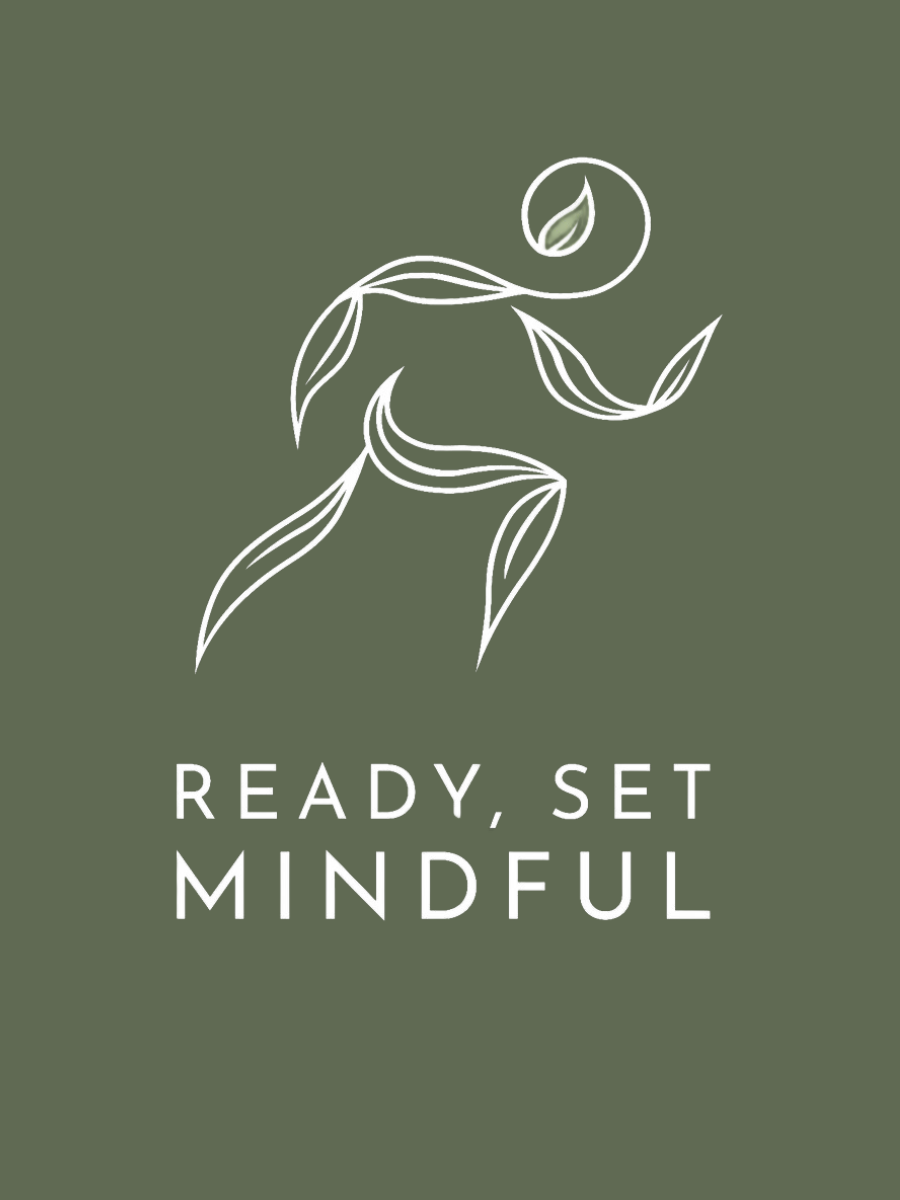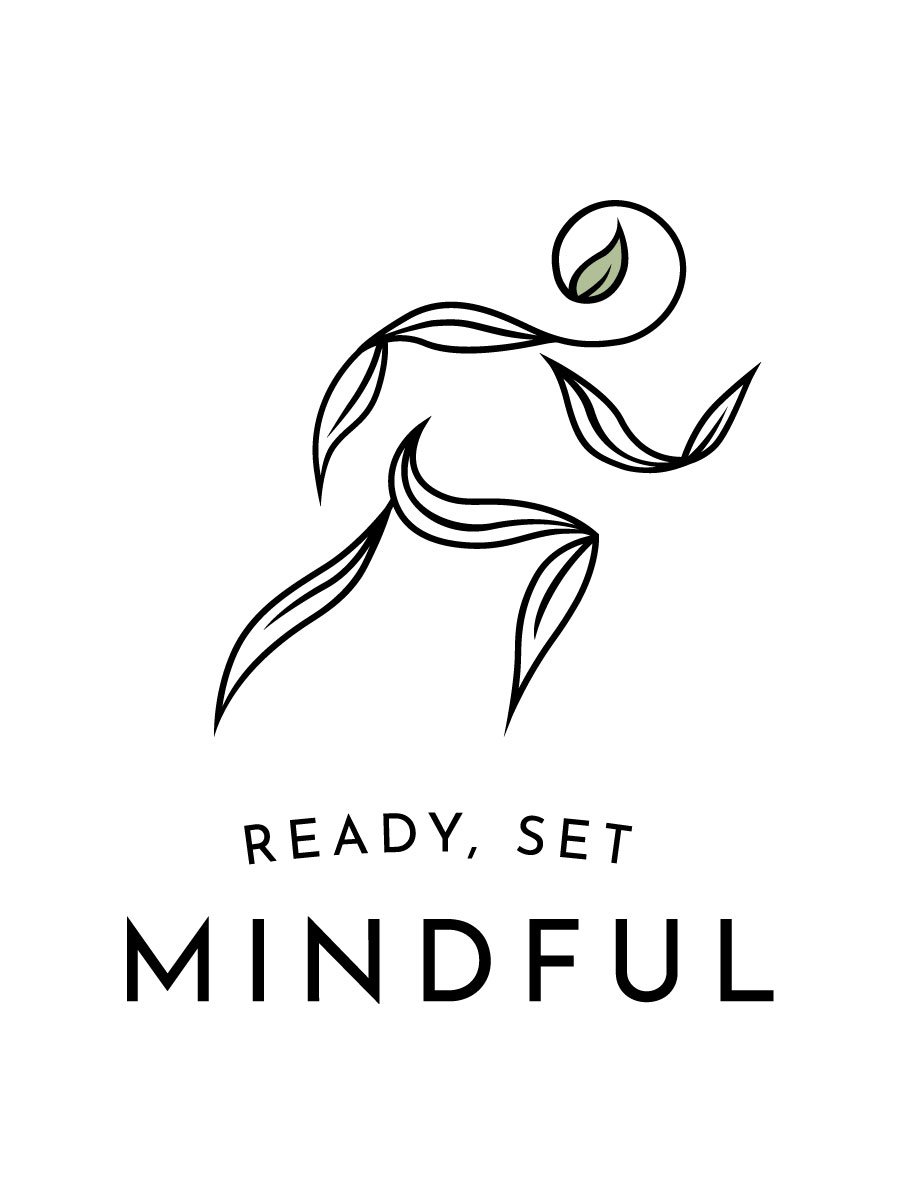Life After Sports: Switching Teams, Retirement and Other Transitions that Athletes Face
ITransitions are a natural part of life, especially for athletes. but there is also stress and anxiety sometimes associated with what our next move is going to be…😦
For athletes, some especially tough transitions are:
Moving from competing at the high school level to the college level.
Moving from competing in college to competing professionally
Graduating from HS or college and not continuing your sport
Coaching changes
Team changes
Relationship issues
Transitioning from being healthy to being injured
Body changes
Transitioning from pre-season to season to postseason and off-season
Deciding to take a break from your sport
☑️ Moving from competing at the high school level to the college level.
The difference in responsibilities and expectations can be really challenging for athletes! It is also hard going from being a big fish in a small pond to a small fish in a big pond.
☑️ Moving from competing in college to competing professionally
Getting used to a whole new coach, and training style, on top of navigating cultural differences can be a lot of new things at once!
☑️ Graduating from HS or college and not continuing your sport
This transition can be one of the hardest. As athletes, we have SO much value wrapped up in our identity as an athlete. Athletes can have an identity crisis not knowing who they are outside of their sport or community. The change in structure, routine, and support can be also SUCH a big destabilizing shift for athletes.
☑️ Coaching changes
There can be lots of anxiety with coaching changes! Is this person going to like me/support me? Will I adjust to their coaching style? Will I still have my spot on the team? So many Q’s that this transition brings!
☑️ Team changes
Changes in a team dynamic can be stressful for athletes. From injuries to learning how to play with new people..there is a lot of anxiety that can come with an athlete's team changing. For college athletes, this includes having transfers, and new freshmen come into your new. Some common questions athletes may ask themselves are..How will my role change? Will my tribe dynamic change? Will there be drama? Will my spot get taken?
☑️ Relationship issues 🤯
Whether you’re going through a breakup, getting into a new relationship, or struggling with family dynamics, relationship transitions can impact performance and overall mental health. Even though you know you should leave your baggage at the gym door, it’s SO hard to not have your personal struggles negatively impact your performance.
☑️ Transitioning from being healthy to being injured 🛑
Navigating injuries is really hard. Injuries suck. This transition brings a loss of power, control, identity and confidence for athletes. Many athletes ask themselves..Does my team still value me even though I “can’t contribute “ in the same way? Will I come back? Will I be the same? Will my game change? What if I get injured again?
☑️ Body changes 🙆🏼♀️
Whether you’re losing weight, gaining weight, losing muscle, building muscle, struggling with hormone balance, fertility, or bad body image days, transitions with our bodies are SO hard. Changes in your body can impact your self-worth, confidence, and overall mental health. This is especially the case for female athletes.
☑️ Transitioning from pre-season to season to postseason and off-season
Seasonal shifts come with dips in our mood, energy levels, and motivation. Seasonal transitions are hard for athletes to adjust to. For starters, pre-season workouts, competitions, and routines are going to look SO much different than in-season, post-season, and off-season life. For many athletes pre-season, season, and postseason can be an exciting time with motivation and energy levels being pretty high, being in the height of competing.
The off-season can be an especially hard time for athletes. Many athletes often refer to this time as the “crash”. All the fun of competing is over and you have to start all over again. Many athletes feel lost without structure, and community and struggle with giving their bodies a break and proper rest that they need in the off-season.
Michael Phelps has notably spoken about the “crash” that he felt after the Olympics. He described that for elite athletes, the competitive pressure, media exposure, and physical exertion caused him severe anxiety. After the Olympics, his comedown from all of the mental and physical hype led him into a dark depression. Even the most elite athletes are not immune to mental health challenges due to transitions in their sport. 💯
☑️ Deciding to take a break from your sport
This is a decision that many athletes don’t take lightly. Whatever your reason is for wanting to take a step back, know that you are not alone. This is a time that can feel super isolating for athletes. Find a community, a new class, and a therapist or coach to help you through this process. Try something you’ve always wanted to try but never had time for. This can also be really hard for athletes who have been really great in one sport to switch sports and start anew. I did this when I transitioned from playing volleyball to competing in marathons and triathlons. I felt like a baby gazelle on ice! 😂
Your pride and ego are going to suffer for a bit, but it’s good for you! This is your chance to explore another aspect of your identity. Make sure you create a routine for yourself so that your anxiety doesn’t get too far away from you!
If you are an athlete struggling with any sort of transition, I’ve got you! I’ve literally been where you are. I know how it feels to transition from competing in high school to college, going from college to playing pro, navigating bad body image days, battling herniated discs and shoulder surgeries, struggling with my identity…and all the things in between!
If you are an athlete struggling right now with a transition in your life. I see you. ♥
Until next time, be well and stay mindful! 🌿
Kerri, Athlete+Therapist+Mindset Coach


